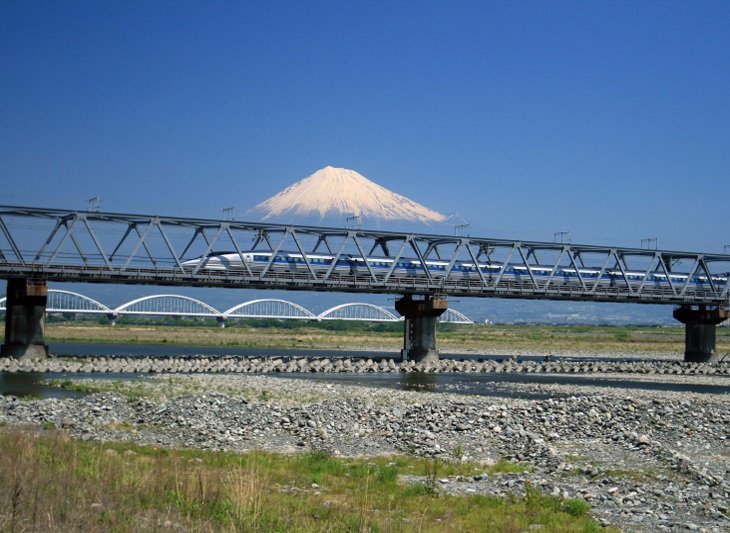Transportation is indispensable to the prosperity of the region: Abe

Japanese Prime Minister Shinzo Abe noted the role a high level of transportation can play in boosting growth in the Asia-Pacific and expressed support for APEC member economies’ joint work towards this goal which was advanced during a three-day gathering of APEC Transportation Ministers in Tokyo that concluded on Friday.
“Transportation is indispensable to the prosperity of the region,” said Abe in video remarks that set the tone for Ministers’ plenary meeting. “Economic growth in this region will be accelerated if more people and communities are transported much faster, more efficiently and more safely.”
“The Shinkansen high-speed rail system epitomizes the diverse features of Japanese transportation such as high-quality manufacturing, well-tailored services, integrated systems and precise operations,” Abe noted. “Our accumulated experience could contribute to the growth of APEC economies.”
Ministers took stock of challenges and opportunities related to the development of quality transport as a driver of growth and issued a Joint Statement to chart a path forward. Strong engagement and cross-fora collaboration is needed to ensure that transportation in the APEC region is safe, secure, convenient, efficient and sustainable, they agreed.
“Each of the 21 APEC economies are confronted by obstacles, be it a shortage of infrastructure or a shortage of funding,” said Akihiro Ohta, Japan’s Minister of Land, Infrastructure, Transport and Tourism who Co-Chaired the meeting. “We are exchanging views to build a better transportation system.”
“APEC economies are enhancing connectivity to expand transportation around and across the Asia-Pacific,” explained Evert Erenst Mangindaan, Indonesia’s Minister of Transportation who also Co-Chaired the meeting. “But transportation can only fulfill the role expected of it when there is proper infrastructure in place to support it.”
APEC is focused on a framework to promote infrastructure development and investment. This is linked to member economies’ work towards a ten percent improvement in supply chain performance by 2015 by reducing the time, cost and uncertainty of moving goods through the region.
Complementary measures aim to make this goal more achievable by facilitating improvements to transportation services. Some focus areas include navigation, maritime issues, logistics, intercity and urban transport, intelligent transportation systems and intermodal networks.
“Transportation extends across many parts of APEC’s agenda,” said Dr Alan Bollard, Executive Director of the APEC Secretariat. “This is inviting increased collaboration between transportation, customs, disaster management and other agencies which the APEC system supports.”
“Member economies are well-positioned to further these efforts,” Dr Bollard concluded. “This has potentially important implications for the flow of goods and people in the region and the delivery of more sustainable growth.”
The outcomes of the 8th APEC Transportation Ministerial Meeting will be reported to APEC Leaders when they gather next month in Bali, Indonesia.
# # #
For more information or to arrange possible interview opportunities, please contact David Hendrickson +65 9137 3886 at [email protected] or Michael Chapnick +65 9647 4847 at [email protected].
Additional details about APEC meetings, events, projects and publications can be found at www.apec.org. You can also follow APEC on Twitter and join us on Facebook and LinkedIn.

